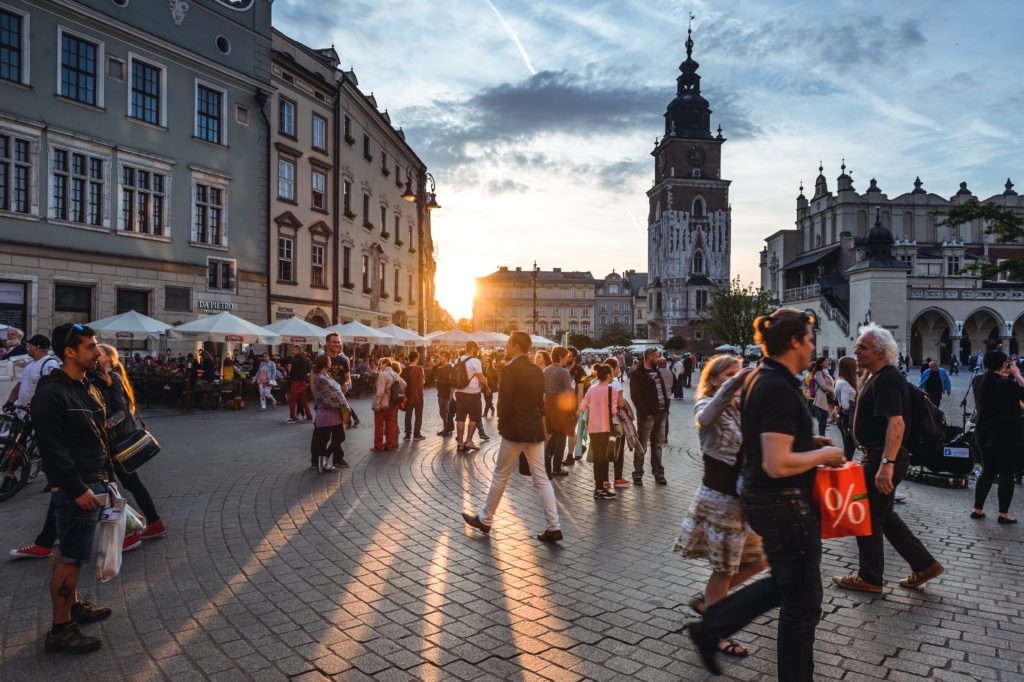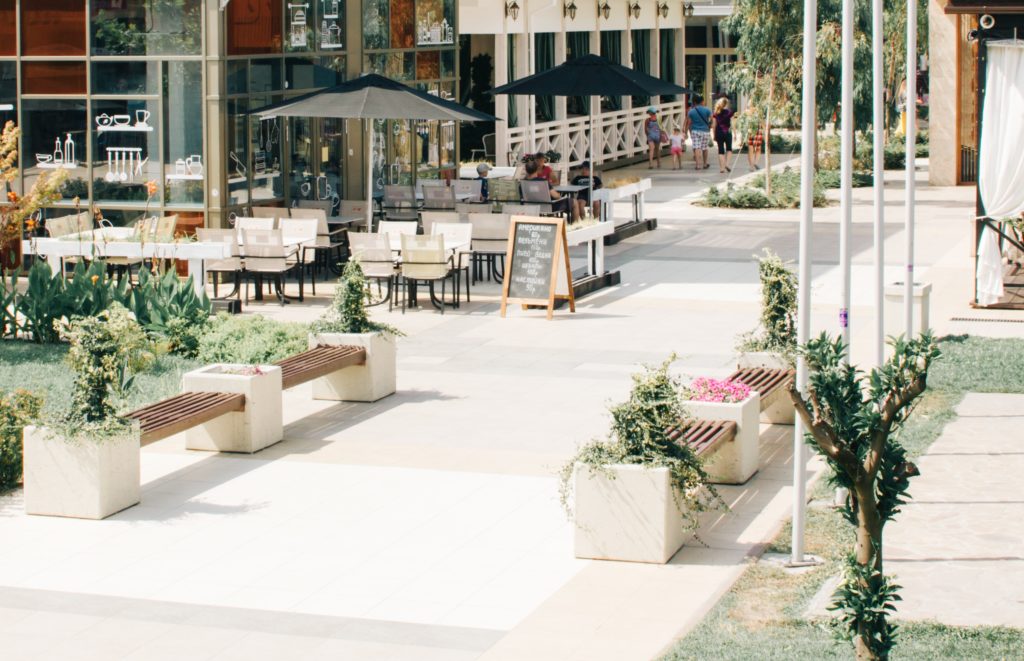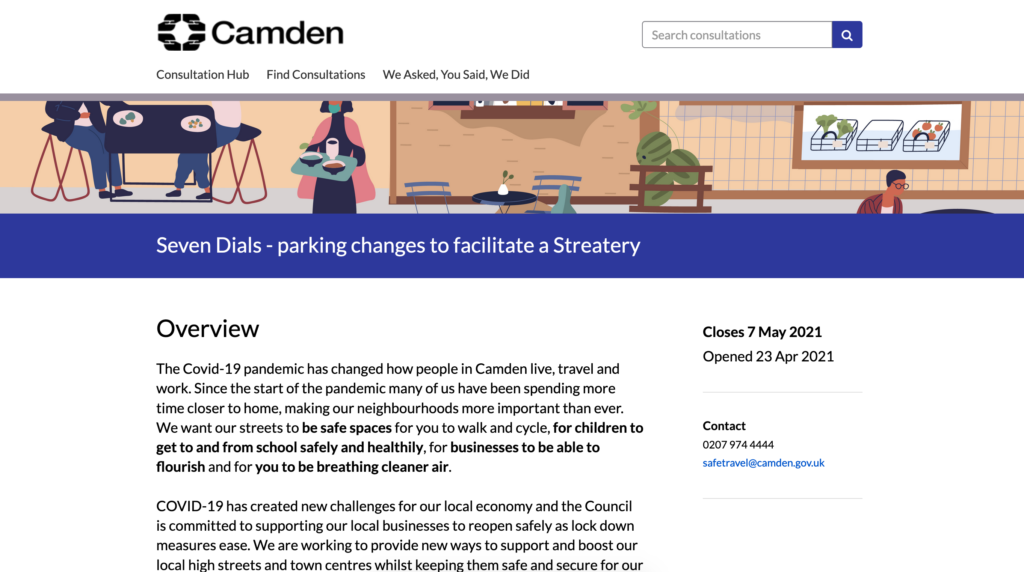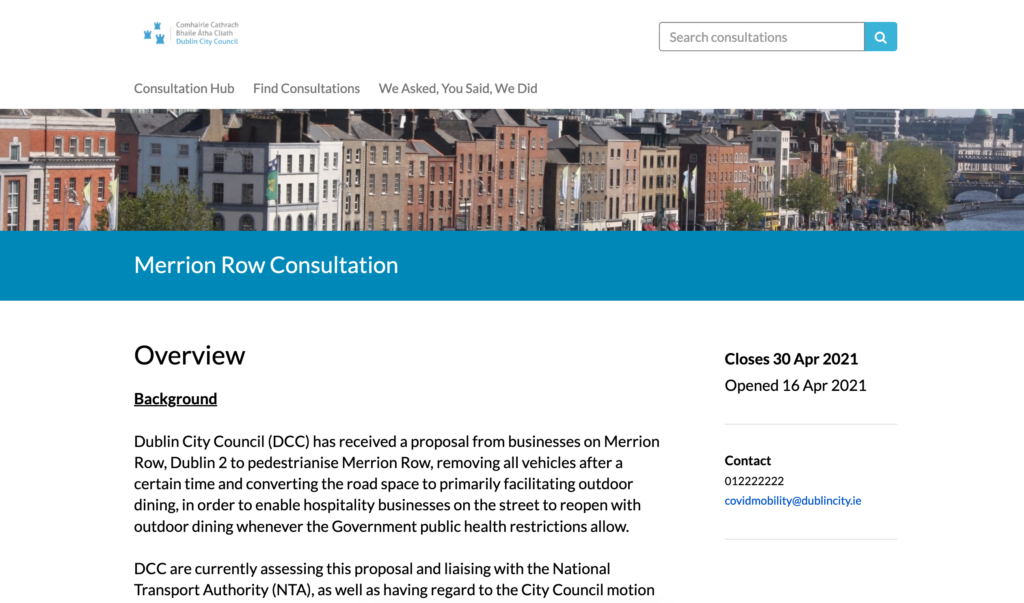
Pedestrianisation is a bit of a hot-button issue at the moment. Since the Coronavirus pandemic effectively rendered public transport unsafe, emergency measures to make it easier to walk and cycle were necessary in many towns and cities. These included things like temporary bike lanes, closing certain areas to cars, etc.
Understandably these measures can be contentious – I’ve seen more rows between drivers and cyclists on Twitter this year than I can count – but the issue of urban planning and its tendency to prioritise cars over people has actually been gathering steam since before the pandemic.
Quick history lesson: in the mid-century, post-war era, personal car ownership really took off, along with the growing popularity of concepts like commuter suburbs and nuclear families. Some urban designers – both in the UK and elsewhere – took the idea that the car was central to modern life and ran with it. Birmingham made way for multiple concrete ring roads and Milton Keynes was designed specifically to be convenient for drivers.
Now, the number of cars on the road has tripled, but we’re still driving around on road infrastructure that was built in the 70s, leaving it clogged and polluted. Many cities are difficult to get around if you don’t have a car and measures to reduce pollution, like Clean Air Zones, inevitably need to discourage drivers. Parallel to these issues is a movement that wants city planners to go much further and reverse some of the car-centric design choices of the mid-century – removing parking bays and traffic lanes in favour of street furniture, mini-parks and pedestrian/cyclist zones.

Reducing road traffic is a key component in reducing our carbon emissions, and is a huge part of our COVID recovery, so these ideas are growing roots. The UK government has allocated millions of pounds in funding to support active travel measures – like bike lanes and pedestrianisation. However, given the furore that some of the temporary measures created, a condition of receiving funding is being able to demonstrate that local authorities have effectively consulted the local community.
So, as is to be expected, we’ve seen a spike in active travel consultations and temporary Traffic Regulation Orders in recent months on the Citizen Space Aggregator. But we’ve also been seeing a steady increase in engagement to do with re-allocating parking space and roadways for things like outdoor dining – another big part of coming out of lockdown.
Here are some examples of organisations using Citizen Space to consult about converting spaces for cars into places for people.
Armagh City, Banbridge & Craigavon Borough Council (ACBC), UK

ACBC have been consulting on proposed changes and improvements to Portadown Town Centre. One of the proposals is to install a market in a central car park a few days a week. They’re also proposing improvements to pedestrian walkways in other areas.
Camden Council, UK

Camden is proposing the creation of a ‘Streatery’ in the Seven Dials area. The proposals include converting parking bays into spaces for outdoor tables and chairs, whilst making space for an equal number of resident parking spaces on a nearby street. Rather than just asking if residents approve or disapprove, they’ve prompted respondents to say specifically what they like and dislike about the scheme, with multiple choice as well as free text options, so they get balanced and useful feedback.
Dublin City Council, ROI

Dublin are consulting on a proposed scheme that would significantly reduce traffic in the Merrion Row area, enabling them to close two out of three lanes and allocate the saved space for outdoor hospitality. They’ve included a map of the proposals, as well as a timeline of how the scheme would be trialled and then implemented if the consultation indicates there’s public support.
Citizen Space is a citizen engagement platform trusted by government around the world. Government organisations and public bodies use Citizen Space to connect with more citizens, increase engagement and improve processes.
To learn more about what Citizen Space can do for your organisation, book a free demo and we’ll walk you through it.